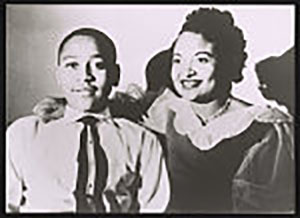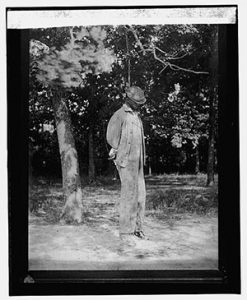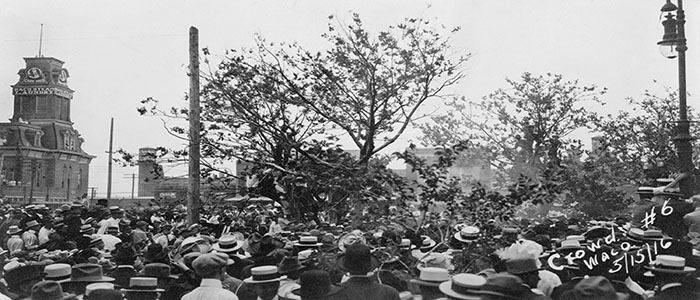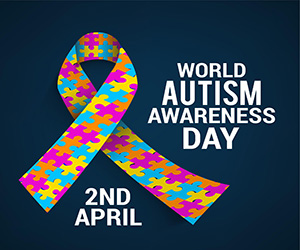Featured photo – Crowd of people gathered to watch the lynching of Jesse Washington, Waco, Texas, May 15, 1916. Immediately after his quick confession based conviction, Washington was castrated and then slowly burned. By Everett Historical. Other photos courtesy of the Library of Congress (LOC)
Just over one week ago, the United States House of Representatives made history by passing the Emmett Till Antilynching Act, the second passed federal mandate to rule the act of lynching a hate crime, and the first to be passed in the House. In 2018, an earlier version of the bill called the Justice for Victims of Lynching Act, famously introduced and endorsed by former presidential candidates Sen. Kamala Harris (D-CA) and Sen. Cory Booker (D-NJ), passed unanimously in the Senate.

The bill was named for the 14-year-old victim of one of the country’s most widely known and excoriated acts of racially motivated violence ever, the severity of which helped fuel the fervor of the Civil Rights Movement. Though it has received some criticism, the lead sponsor of the bill, Rep. Bobby Rush (D-IL), all but four members of the House, and fans of progressive politics the world over have consistently praised Rush and all those who helped to realize the historic event. Rep. Rush said of the bill’s passing that “We,” presumably the American people, “are one step closer to finally outlawing this heinous practice and achieving justice for over 4,000 victims of lynching, including Emmett Till.”
As hopeful as this might seem, the bill’s aspirations are vacuous and egregiously overdue. Many of its detractors agree that the bill is mostly for show, and functions to represent American lawmakers as intolerant of the nation’s growing white supremacist violence and reproachful of the nation’s past failings in combating violent racism. The Washington Times notes that Congress has tried and failed to pass antilynching legislation “more than 200 times” since 1900. “When it really mattered, and when it really would have had the impact of protecting the lives of black people in this country,” Dr. Tameka B. Hobbs wrote elsewhere, “there was widespread unwillingness [to pass antilynching legislation] ….”
Rather than singing Congress’ praises and celebrating our “one step closer,” the advent of this bill should lead us to wonder what took so long. To wonder why twenty years into twenty-first century America, perhaps the moment least likely to witness a lynching epidemic, our Congress would pass so superficial and toothless an amendment. The 4,700+ victims of racist lynching and mob violence in America have not received justice and never will. Their murderers, emboldened by the same Thomas Dixonesque white nationalism pervading the country today, almost always escaped justice in their lifetimes (I hesitate to use the word “escape” as there was rarely anyone looking for them) and will never face an earthbound trial.

Till and the thousands of victims before and after him cannot exist in the national memory as men and women wronged but appeased—they are dead, and America turned its head from them and their families when they died. They are martyrs of the scourge that their country, a country that swore by its own Constitution to protect them, has refused to quell. A century-late bill in memoriam of their lives is not justice, but a reminder and example of American legislative failure.


















Add comment